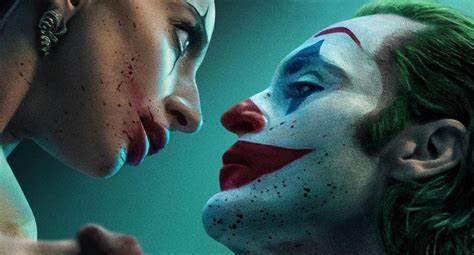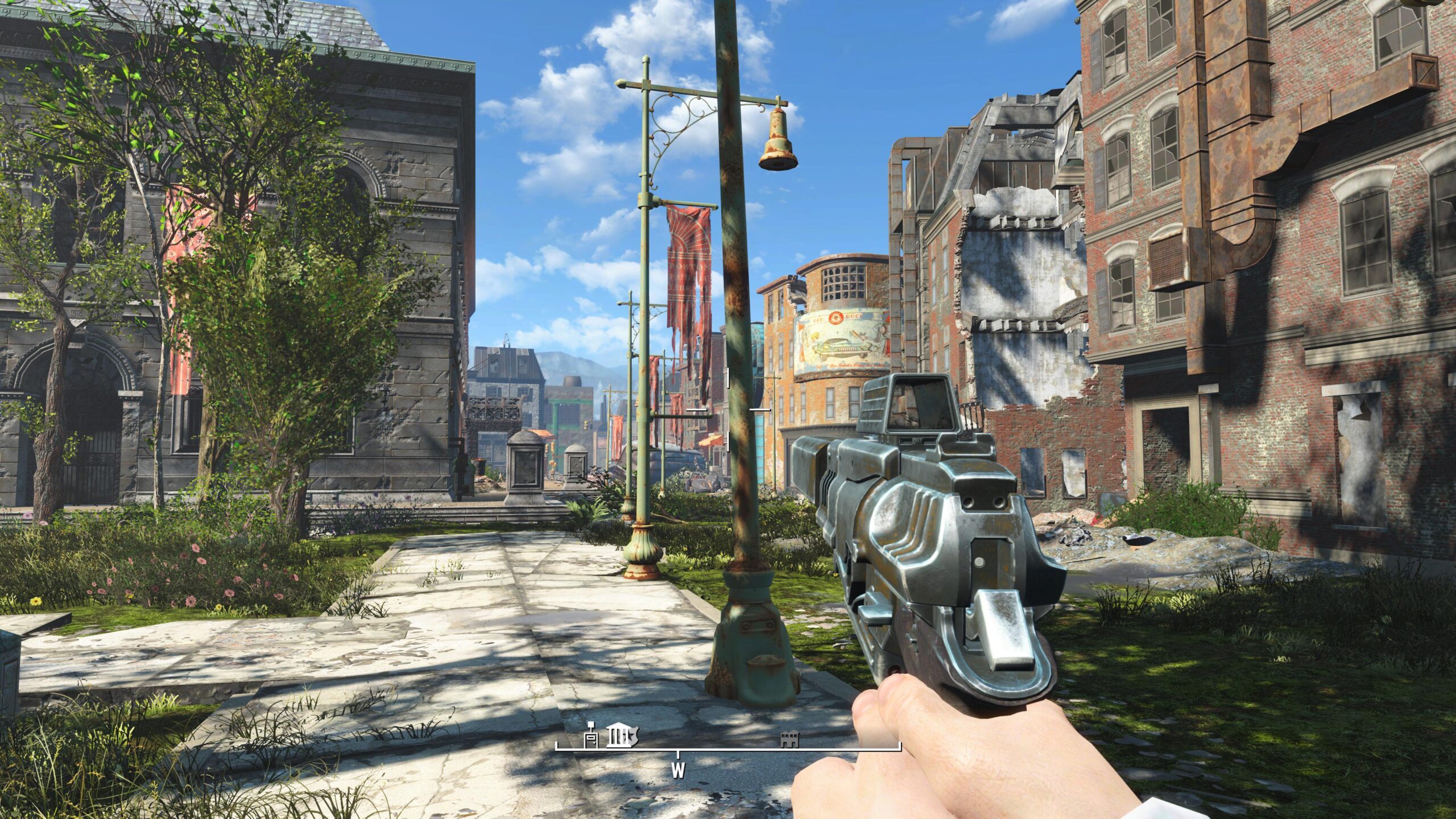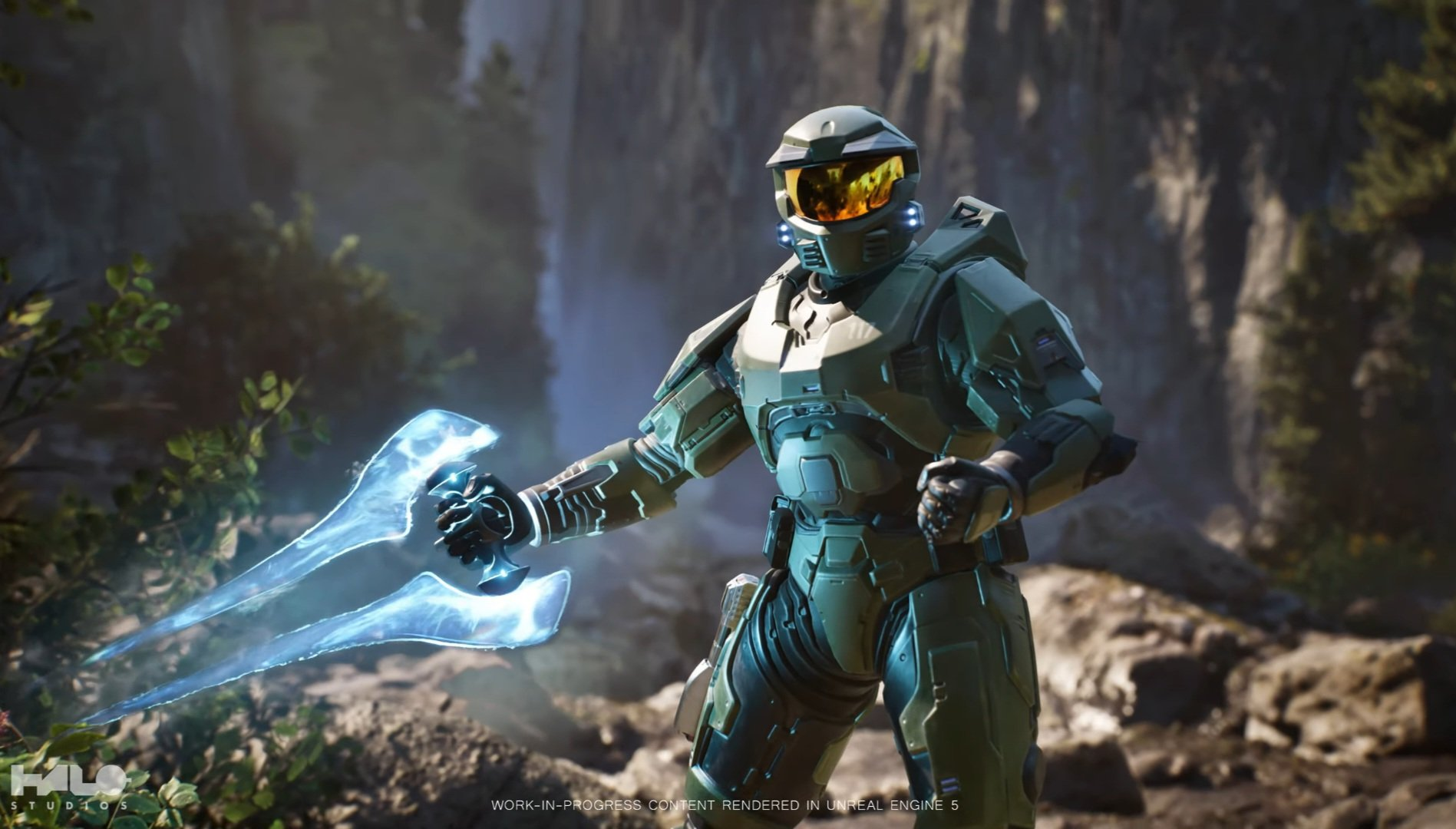Joker: Folie à Deux was one of those highly anticipated films that came with towering expectations, but it appears that the sequel has struggled to meet them. The movie’s CinemaScore is a testament to this, giving the infamous clown something to frown about.
Following a Rotten Tomatoes score that sank lower than several box office failures like Borderlands and Megalopolis, the musical sequel even plummeted below the much-maligned Eternals and some of DC’s recent flops. Currently, the film holds a dismal 33% rating from both critics and audiences on the platform. However, the real blow came from CinemaScore, which tracks the reactions of early moviegoers. Folie à Deux received a rarely-seen D grade, delivering a harsh punchline to Gotham’s Clown Prince.
This result would have been unimaginable just a few months ago when Joker: Folie à Deux ramped up its marketing. Not only is the D score drastically lower than the B+ that 2019’s Joker received before it broke box office records, but it also surpasses the C- rating given to 2015’s critically panned Fantastic Four, making Joaquin Phoenix’s return as Arthur Fleck the worst-rated comic book movie ever.
Directed by Todd Phillips, the Joker sequel had plenty going for it: a wildly successful predecessor that flipped expectations, two Oscar-winning leads, and an eccentric premise blending jukebox musical elements with dark, gritty drama. Yet, audience expectations seemed to soar too high for the film to reach.
In its stumble to the bottom, Joker: Folie à Deux has surpassed some notoriously derided comic book films like Jonah Hex, Ghost Rider: Spirit of Vengeance, Morbius, Madame Web, and even Batman & Robin—all of which earned a higher C+ grade. Surprisingly, it now joins the ranks of cult horror flick Jeepers Creepers, Wes Anderson’s The Life Aquatic with Steve Zissou, M. Night Shyamalan’s The Happening, and the star-studded disaster Movie 43—all of which scored similarly low.
What has made the situation even worse is the fact that Joker: Folie à Deux reportedly bypassed test screenings. Warner Bros., confident in the film’s appeal, opted not to test it in front of audiences. While test screenings have sometimes negatively affected films, leading studios to alter endings or remove key scenes, Folie à Deux—with its unconventional musical elements—might have benefited from early feedback.
As one of Warner Bros.’ priciest films of the year, the gamble hasn’t quite paid off yet. While Joker: Folie à Deux is still projected to earn around $50 million during its opening weekend, it’s unlikely to come close to the $1 billion success of its predecessor.



